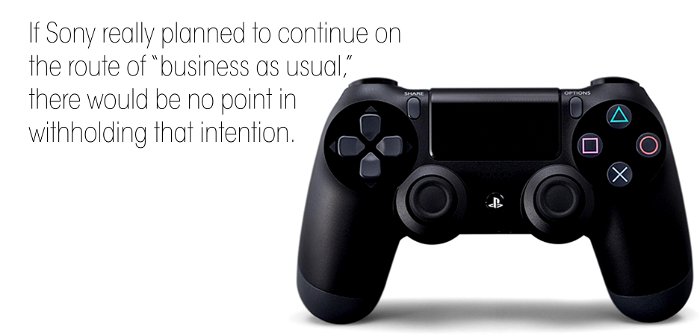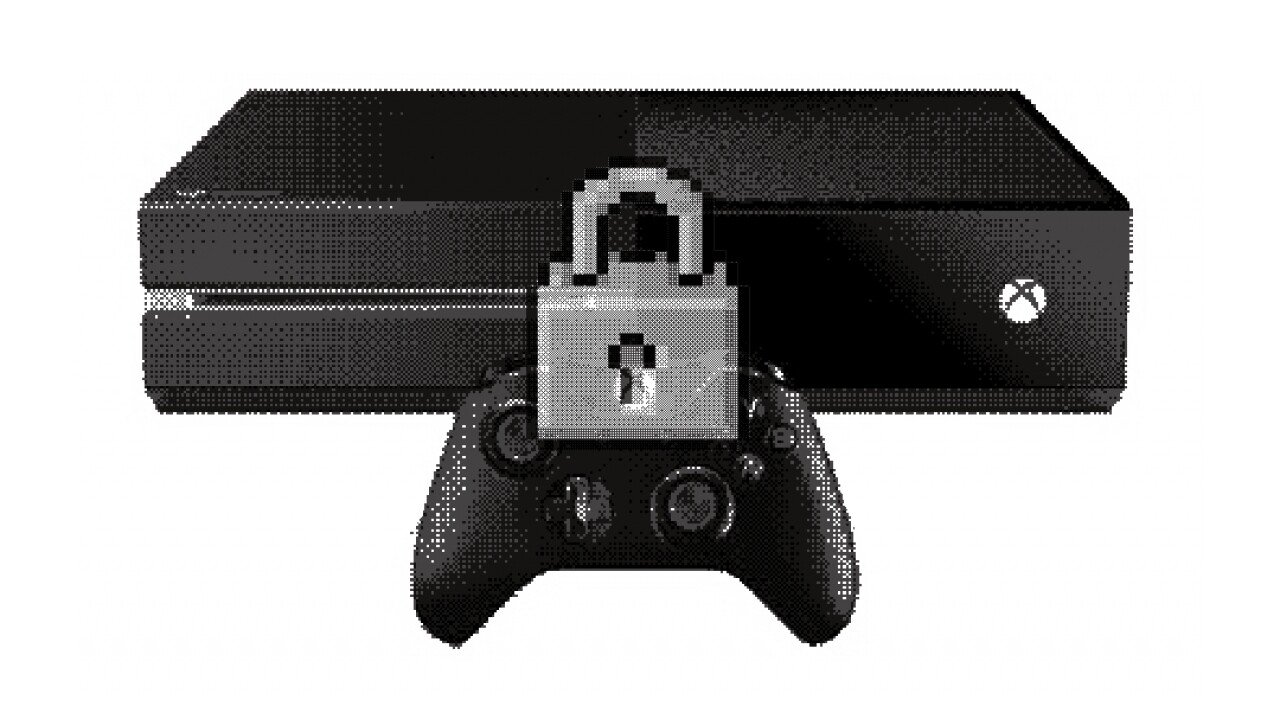Microsoft has plans for how users will handle the digital rights management of their games. Unfortunately they also had extremely bad media training for their console launch as so many comments from officials on this matter conflicted with each other to the point that Microsoft withdrew from talking about it and are telling people to wait and see.
What is known, for sure, is that game discs are now no more than delivery systems, used for mandatory installs of Xbox One games to the hard drive, then no longer being required to play the game again. The game is now locked to the account of the person who purchased the game. If the user wishes to sell the game or even loan it to someone else to use, some kind of de-authentication process will be required for another user to play the game. This may or may not involve paying some kind of fee, Microsoft has contradicted itself on this point and retreated from the discussion.
Sony also has a some kind of plan for how their users will handle issues of DRM, but so far, the only thing they’ve said is, “The PS4 can play used games,” and “We’re leaving this issue up to the publishers.”
Some people have taken this to mean that Microsoft will be instituting universal, anti-consumerist DRM while Sony, the white knight, will maintain the status quo and allow used game sales to continue exactly as they have.
This is not a very realistic stance to maintain.
If Sony really planned to continue on the route of “business as usual,” there would be no point in withholding that intention, especially considering how much positive press it would bring them right now in the shadow of Microsoft’s own massive PR blunder. It would have made more sense for the company to “heroically” step in and rescue gamers from this peril with their own announcement and gain the goodwill of the hardcore as well as secure a few PS4 pre-orders even before E3 has started.
They did not do this. Instead, they are now being battered by a Twitter movement that started on the prominent gaming forum NeoGAF, pleading with Sony executives like Shuhei Yoshida to not follow in Microsoft’s footsteps.
The reason this is happening is, of course, the publishers. It is companies like Electronic Arts and Activision that are the most interested in seeing some form of DRM be implemented in consoles because they stand to benefit the most from such a move. Like books, movies and, once upon a time, music, games are a consumable entertainment with a short lifespan; once they’re bought and experienced, many choose to dispose of them by selling them. Unlike those other forms of entertainment, which can continue to generate profit through means like going to home video, or being paid royalties for usage in other media, games have no way to generate more money after the initial purchase. As a result, money made from a used sale goes straight to whoever made the sale (usually in this case, EB Games/Gamestop) and this has angered publishers for years.
Electronic Arts is the best circumstantial evidence we have for how it is publishers, not the hardware manufacturers, who are pushing for this move. In retrospect, it was obvious that EA would abandon its former Online Pass (more infamously known as “Project $10”) concept out of respect for gamers. The gaming community was relieved to see its demise, but that quickly changed to nostalgic longing when it became clear that paying an additional $10 to re-enable online play on a used game purchase was preferable to a DRM system that locked a game to a user’s account, requiring a de-authentication process to even play on another machine. This is a process that may or may not require paying a fee that might be as high as the full price of a new game. This is currently the nebulous situation that Microsoft has failed to clarify for future Xbox One users.

To think that EA would not place similar expectations on Sony is naïve. Neither Electronic Arts nor Activision would play favourites and tell one company “You must implement DRM” while telling the other company “We’ll let you off the hook.” In the same way, Microsoft is unlikely to make a move that would obviously generate a negative response and knowingly surrender a massive amount of good will and shifted hardcore loyalty to Sony. Taking this line of speculation even further, it’s not unreasonable to think that this might be one more reason why EA—and other third party publishers—have withdrawn so much of their support for the Wii U recently. The Wii U is now the most consumer friendly console, with a traditional “No DRM” approach to its retail games, allowing customers to do with them as they see fit. If publishers think they’ll make more money from a lack of used game sales on other hardware, it makes little sense to continue expending budgets on a less popular, more costly (in terms of lost sales) console.
This puts Sony in a difficult position. On the one hand, profits come from the consumers who buy the product, in this case, the hardware and the software that comes out for it. On the other hand, it is the third party publishers that make up the majority of a console’s library, and they will give preferential treatment—or punishment—to whichever hardware manufacturer they please based on their needs. Right now EA is being very friendly with Microsoft and it’s obvious why; the DRM policies for the Xbox One are favourable to publishers, even if they might be restrictive to consumers. Even if Sony stood up to the publishers and abolished all DRM plans to favour the gamer, the increased sales of games on the PS4 from gamers might still lead to less profit on the new console simply because more of those games will be traditional, used sales that EA never benefits from.
So what will Sony do in the coming weeks? One option is to simply play ball and do exactly what Microsoft is doing, introduce a universal DRM policy across the board. Another, far messier option is to “leave it to the publishers,” meaning that some games (likely all EA games) will have some form of DRM, while others, potentially Sony’s own first party titles and anti-DRM creators such as CD Projekt (the team behind The Witcher III) will issue DRM free games. This could potentially create a fragmented and confused market as gamers navigate a minefield of games that can and can’t be easily sold used. Lastly—and least likely—they could stand up for consumer rights and stick with the current method we have now where a purchased game belongs to the consumer and the publisher has no right to determine the particulars of ownership.
It’s a very messy situation, and it’s hard not to feel concern for both Sony and the gamers as people wait for their official statement on the used game situation.




